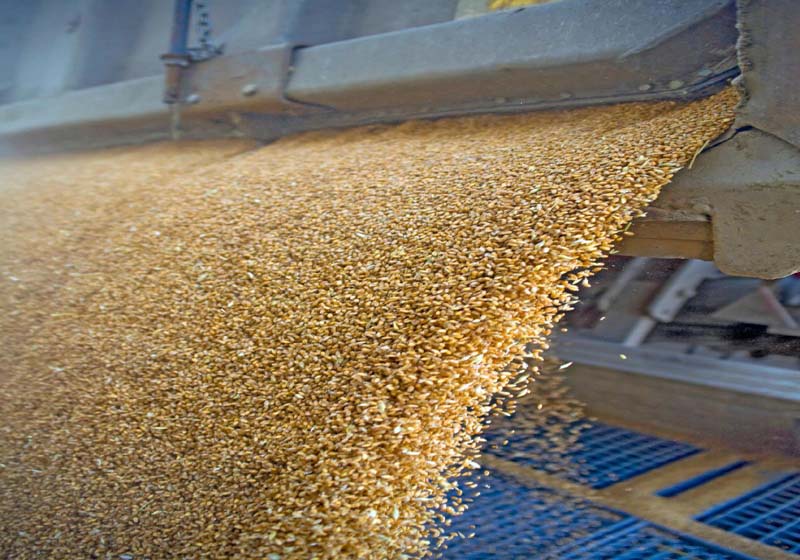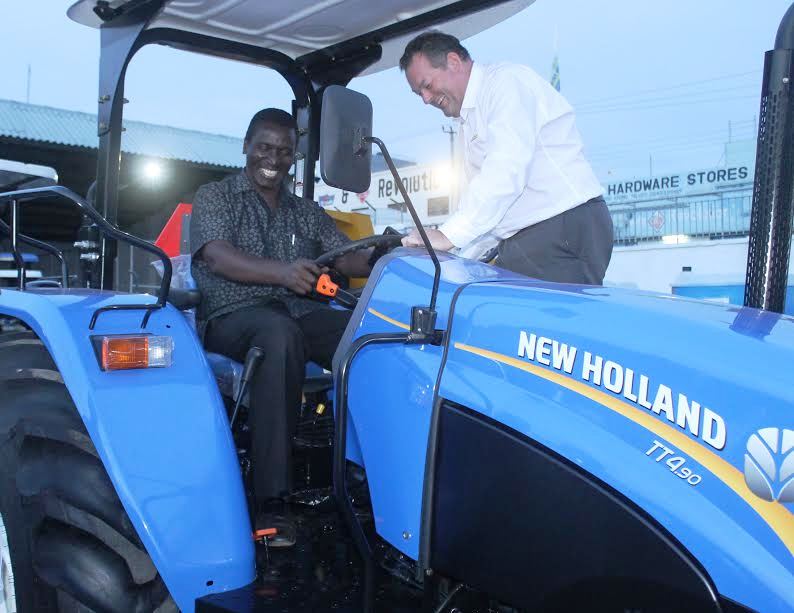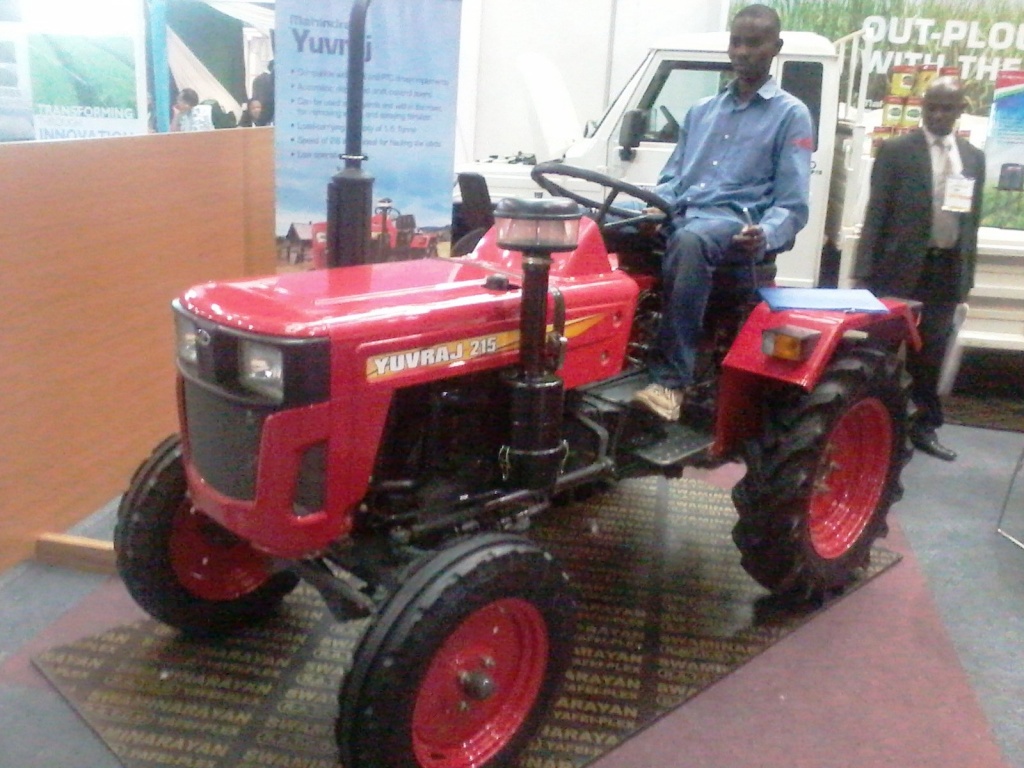
A food processing plant at work. Farmers need to access primary processing facilities that improve the quality and value of their produce. Photo: l7group
Shalem Investments Ltd., a grantee of the FoodTrade East & Southern Africa programme, launched a grain and pulses processing plant in Meru at an event held at the Kenya Industrial Estate (K.I.E). The plant is part of a wider project funded by the FoodTrade East & Southern Africa (ESA) programme.Under the programme, Shalem Investment Limited works with over 20,000 smallholder farmers to build their capacity as partners in agri-business.
The investment will enable smallholder farmers from Kenya, Uganda and Tanzania to access primary processing facilities and improve the quality and value of their produce. In a mutually beneficial relationship, farmers in the county will also have access to processed food at an affordable price for domestic consumption, helping to strengthen food security at the household level.
The processing plant is part of a wider project funded by the UK Government through the FoodTrade ESA programme. The project is aimed at building the capacity of smallholder farmers to produce the quality and quantities of grains and pulses that will allow them to participate in regional trade. The state of the art equipment includes a mobile dryer, a grain & legume cleaner, an aflatoxin testing facility, as well as a milling plant. Grains that will be processed include maize, beans, sorghum, millet, soybeans and green grams.
“With support from the FoodTrade ESA programme, we work with smallholder farmers to increase their ability to produce what the market needs. We train them in climate smart agriculture, work with producer groups to build awareness of grades and standards, help them aggregate their produce and give them access to machinery and equipment,” said Ruth Kinoti, CEO of Shalem Investments Ltd. “The project covers Meru, Tharaka Nithi, Embu, Nyamira, Homabay, Laikipia, Nakuru and Kitui in Kenya, and we source produce from smallholder farmers in Uganda and Tanzania through our agents. By setting up the processing plant, we will enable smallholder farmers to move further up the value chain from market takers to market makers.”
READ ALSO: A Nairobi processing firm offering hot chilli market
READ ALSO: Milk processing plant takes urban dwellers back to farms
READ ALSO: Ugandan farmers triple profits with processing machines
FoodTrade ESA provides grants to projects that bridge gaps in staple food value chains, to benefit smallholder farmers and consumers. Through these projects, FoodTrade ESA is able to promote and enhance regional trade, and bring smallholder farmers closer to the centre of the production, processing and marketing functions of staple food value chains.
“The East African grain market is highly unstructured, with unpredictable pricing, interference by middle men and limited cross-border trading, putting local farmers at a huge disadvantage. In addition to this, the sector faces very many external challenges including the recent drought,” explained Steve Orr, FoodTrade ESA Team Leader. “The project being implemented by Shalem Investments Ltd. is enhancing the collective marketing of grains from smallholder farmers. As we work to build farmers’ resilience to external shocks such as the effects of climate change, it is important for us to ensure the right infrastructure is in place to grow the local processing capacity.”
All farmers contracted by Shalem Investment Ltd under the FoodTrade ESA project will benefit from access to the processing plant. Initial buyers will include project beneficiaries and the public in the area, with the company aiming to grow its market even wider. Smallholder farmers in the area will also have access to the equipment and facilities at the plant.
Shalem Investment Ltd has focused on incentivising farmers and aggregators to take responsibility for the quality of produce available for consumption and sale. This has increased their bargaining power for better prices. By working closely with farmers, the company is attracting higher rewards from buyers for the improved quality of its produce, translating to better prices for farmers and aggregators.
Write comment (0 Comments)

















